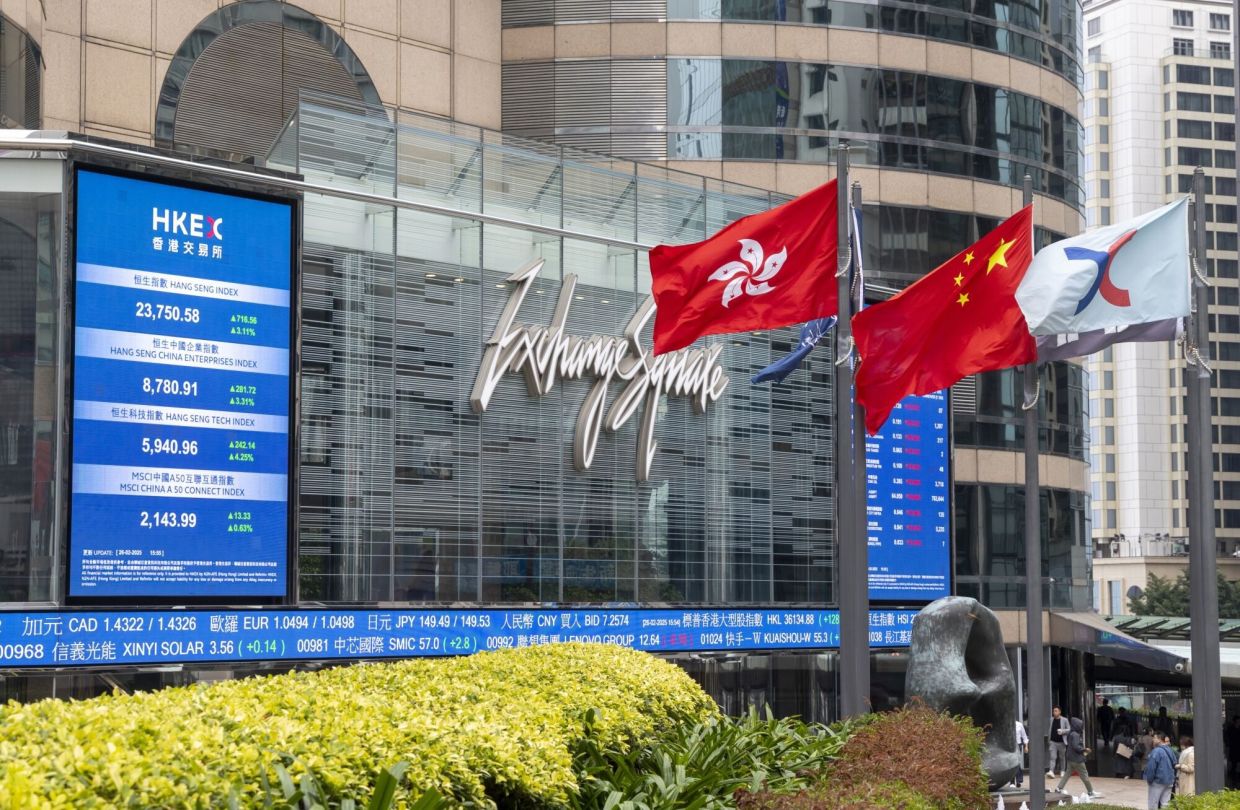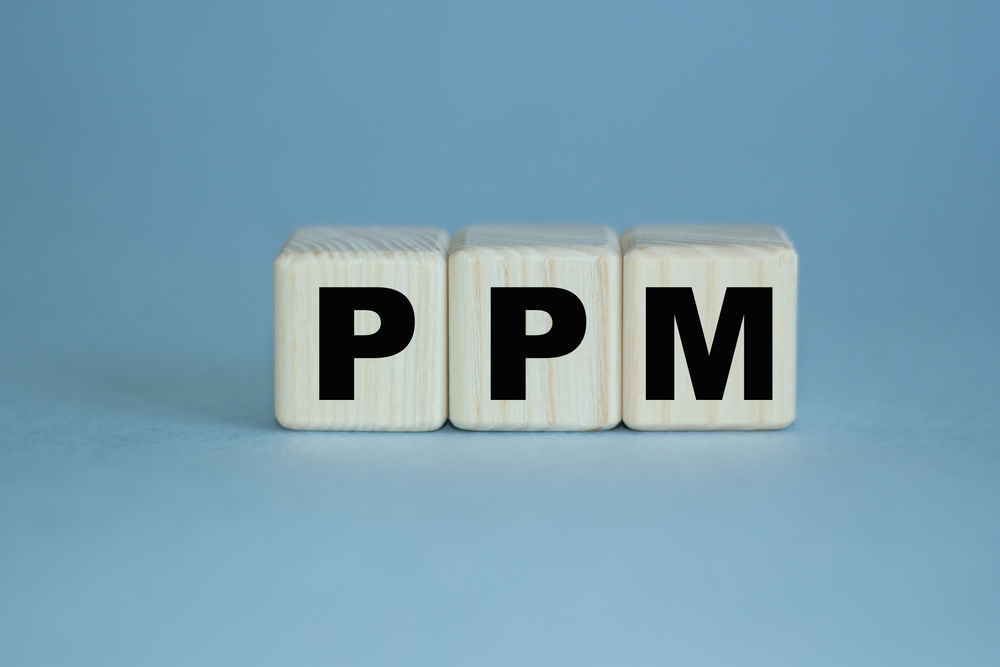In recent years, the short drama industry has experienced rapid growth, with overseas expansion becoming a core direction for development. However, amid this swift expansion, many dramas suffer from poor translation and low-quality dubbing, significantly undermining the overall viewing experience. For instance, one drama faced widespread criticism due to a clumsily translated key line, which completely distorted the emotional impact of the story.
Many users openly state that they "will not pay for such low-quality content," while those who have already paid angrily complain that "the experience is nothing like what was advertised—it feels like a scam." Although such extreme cases are not representative of the entire industry, they sharply highlight a critical question: Have we underestimated the impact of a single line of translation on short drama conversion rates and brand trust?
To cut costs and speed up release, many producers have adopted a model of machine translation with light proofreading, and some even outsource the entire localization process to low-budget teams. In the short term, this approach may save dozens of yuan or more per episode—funds that can then be allocated to the production and promotion of new dramas.
Yet, this strategy carries significant long-term risks: poor translation and dubbing not only fail to convey the original emotional depth and suspense but also gradually erode user patience and trust. While a quick release may help capture market opportunities, users will not continue to pay for a subpar experience—they will simply walk away and leave negative reviews, further driving up future customer acquisition costs. In the pursuit of speed, many producers inadvertently fall into the "localization trap," sacrificing the very content quality that should be their priority.
So, how can high-quality translation boost payment rates and extend user lifetime value (LTV)?
Consider the same drama localized by two different producers: Version A prioritizes quality, employing professional translators for context-aware adaptation, emotional authenticity, and cultural transcreation. Version B relies on machine translation with basic editing, focusing on readability rather than vividness. The results are strikingly different.
Version A, with professional human polishing on top of machine translation, preserves the original pacing, suspense, and emotional impact. At key plot points, it effectively nudges viewers toward willing payment.
Moreover, from a character perspective, dialogue is essential to building personas. awkward translations can turn a "domineering CEO" into a "cringeworthy clown," making it hard for users to relate or admire the character, thus reducing their willingness to pay. In contrast, skilled translation uses language that matches the character’s personality—whether cold, gentle, or humorous—enhancing their appeal and motivating users to follow their journey, leading to sustained payments.
From a cultural adaptation standpoint, literal translations often fail to convey culturally specific humor, metaphors, or emotional resonance. Artful transcreation, however, allows audiences to grasp the nuance rather than feel confused. For example, when a character needs to release “洪荒之力," a literal translation like "Primeval flood" would baffle viewers, whereas borrowing a familiar cultural reference like "Hulk Smash" could instantly ignite excitement.
It’s worth emphasizing that high-quality localization not only boosts revenue for individual dramas but also builds overall brand reputation and user loyalty. When users trust a platform or producer’s content quality, they are more likely to maintain subscriptions, pay across multiple series, and even promote content voluntarily, creating a positive word-of-mouth cycle. This is the core mechanism behind increasing user LTV.
Therefore, the value of a single translation should never be measured by word count, but rather by its ability to enhance user experience, drive payment conversion, and deliver long-term value. Visionary producers must break free from the "cost-first" mindset and treat localization as a core component of content strategy.
By investing consistently in high-quality translation and dubbing, they can achieve comprehensive growth in payment rates, user retention, and LTV. Only then can they build a sustainable competitive edge in the increasingly fierce global short drama market.











